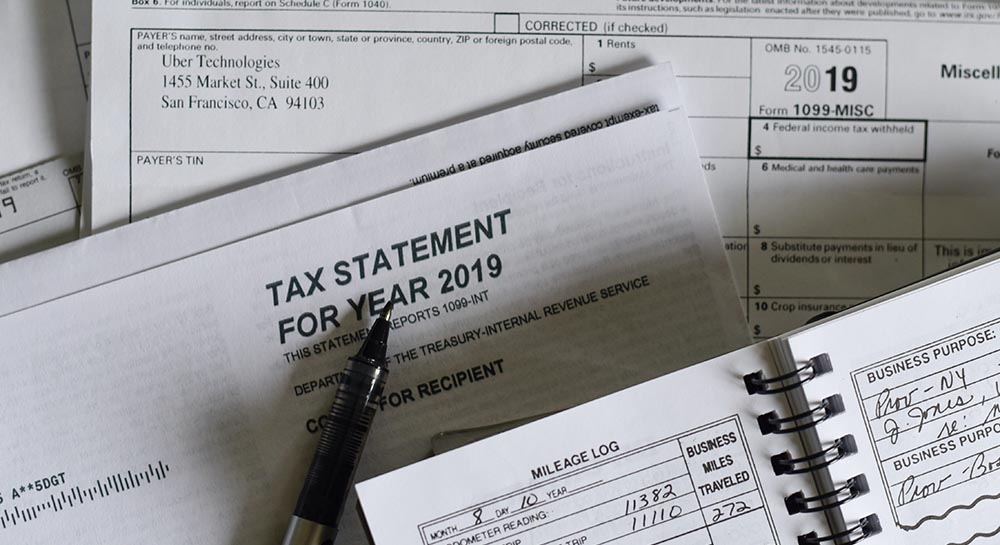Tax News
 I Received a Notice of Federal Tax Lien.
I Received a Notice of Federal Tax Lien.
What is it and what should I do?
Not paying your taxes has serious consequences, one of the worst being that the federal government has filed a legal claim against all property you currently own, in addition to any property you may acquire in the future in the form of a federal tax lien.
In this article, we’ll explain what a federal tax lien is and what you should do if you get a certified letter from the IRS, indicating that they have placed a lien on your property or assets.
What is a Federal Tax Lien?
A federal tax lien is a document filed with a county government (usually where the taxpayer lives or conducts business) notifying the general public that a taxpayer has an unpaid federal tax debt.
How it affects your assets.
A lien attaches to all of your assets (such as property, securities, vehicles) and to future assets you acquire during the duration of the lien. If any of your property is sold while you have a federal tax lien, the IRS will be paid out before you get your cut.
How it affects your credit.
Once the IRS files a Notice of Federal Tax Lien, it’s now public record. This information is often picked up by the credit reporting bureaus, which means the federal tax lien will eventually show up on your credit report and could limit your ability to get credit.
How it affects your business.
The lien attaches to all business property and to all rights to business property, including accounts receivable. It could severely harm your ability to run your business normally and put you further behind.
What about bankruptcy?
If you file for bankruptcy, your tax debt and Notice of Federal Tax Lien may survive and continue after the bankruptcy.
Is a lien the same thing as a levy?
People often use the words “lien” and “levy” interchangeably, but they’re not the same thing. They are very different. A federal tax lien is government’s legal claim/ interest in all your property. They don’t sell it off or forcefully confiscate it but it can definitely make your life a lot harder having the IRS put a chain on everything you own.
A levy is the enforcement of the lien via enforced collection of tax, for example by confiscating money directly out of a bank account or garnishing up to 75% of your net paycheck.
What’s My Next Step?
The IRS website says “Paying your tax debt – in full – is the best way to get rid of a federal tax lien. The IRS releases your lien within 30 days after you have paid your tax debt.” However, most people can’t take out their checkbook and fully pay the amount of the debt in full. That’s where a tax resolution specialist can help.
Contrary to the IRS’s advice, your first course of action should be to call a qualified tax resolution professional. Dealing with the IRS yourself is like going to court without a lawyer. Sure you could do it, but your chances of having a favorable outcome are slim.
A qualified tax resolution expert can lay out a resolution plan, get on the phone with the IRS immediately on your behalf, and begin negotiations to relieve your tax problem.
Reach out to our firm and we’ll schedule a no-obligation confidential consultation to explain your options to permanently resolve your tax problem. Contact us for more information.
Expert Forensic Accounting Services
Chicago | Las Vegas
FORENSIC ACCOUNTING
SERVICES
Insurance Claims
Accounting Investigations
Mergers & Acquisitions
Due Diligence Reviews
Dispute Advisory Services
Special Examinations
Contract Audits and Recoveries
LITIGATION SERVICES
Expert Witness Testimony
Commercial Damages
Shareholder/Partner Disputes
Bankruptcy and Insolvency
CPA Malpractice Claims
Contract Disputes
Estate and Trust Disputes
Data Mining & Electronic Discovery
FRAUD EXAMINATIONS
